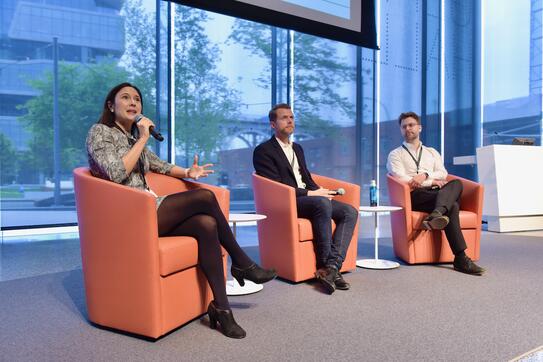Climate and Clean Energy Policy in the Post-inflation Reduction Act World
At the inaugural event for the new Climate Change and New American Economy Series, Brian Deese, MIT innovation fellow and former director of the National Economic Action Council at the White House, discusses climate action and economic opportunity.




